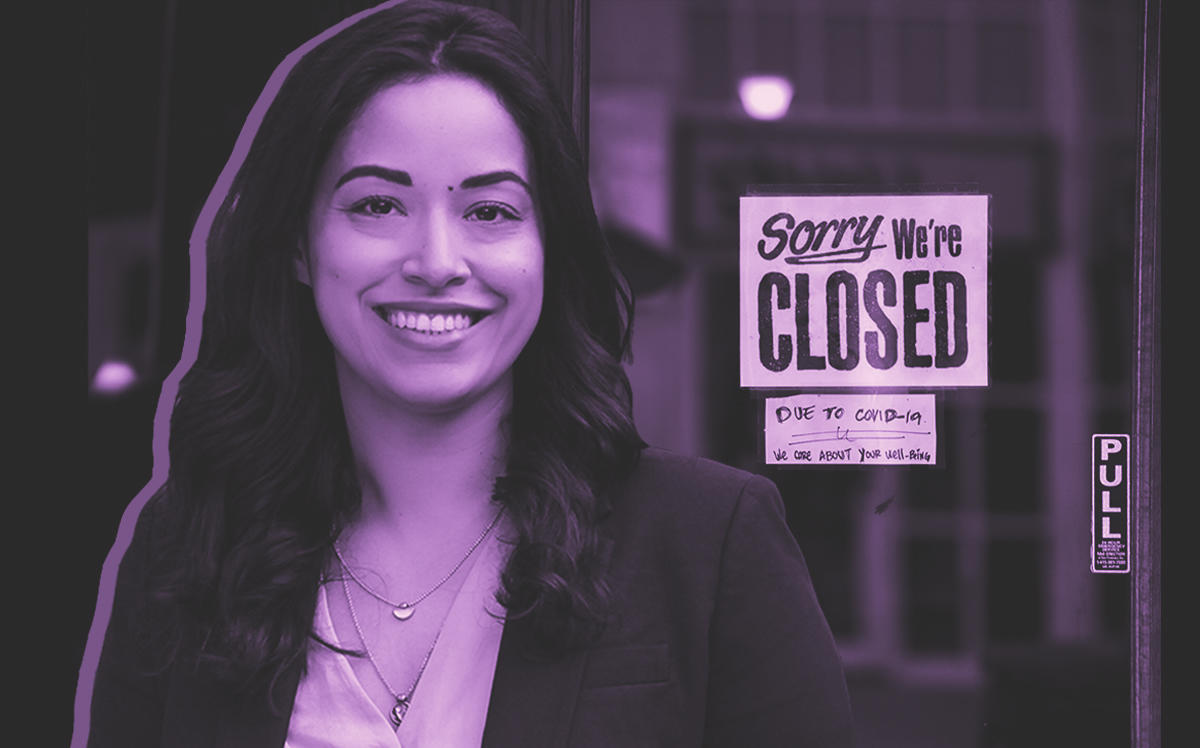A City Council bill could shield restaurants, retailers and other business owners from certain legal action if they violate their leases — but it might not be constitutional.
The measure, introduced by Manhattan Democrat Carlina Rivera, seeks to bar enforcement of personal liability provisions in commercial leases or rental agreements through at least September 2020 in cases where a tenant affected by Covid-19 defaults.
Under the bill, attempting to enforce such provisions would be considered harassment. A state ban on residential and commercial evictions is set to expire in June.
Rivera tweeted Wednesday that her bill would spare business owners from “personal financial ruin” if they walk away from leases.
My bill to temporarily suspend personal liability clauses in commercial leases is being heard now in @NYCCouncil’s Small Biz Committee.
This bill is critical bc it ensures biz owners do not face personal financial ruin/bankruptcy due to COVID-19. Tune in!https://t.co/B9LqpuWHgy
— Carlina Rivera 利華娜 (@CarlinaRivera) April 29, 2020
So-called “good guy guarantees” — which allow tenants to exit leases early if they give the landlord ample notice and agree to be personally liable for unpaid rent — are fairly common in the city. During a committee hearing Wednesday, City Council member Kalman Yeger said the city can’t interfere with such agreements between landlords and tenants.
“The city cannot retroactively amend a contract,” the Brooklyn member said.
The Real Estate Board of New York likewise testified that the bill calls for a “seemingly impermissible unilateral amendment of existing valid contracts.”
On Tuesday, the industry group, along with city Sheriff Joseph Fucito, testified that another Covid-19 relief bill — which would prohibit city sheriffs and marshals from recovering property or executing money judgments against tenants — was not legally tenable.
But as revenue plunges for restaurants and retailers during the coronavirus shutdown, personal liability provisions leave business owners vulnerable to civil action.
David Helbraun, founder of Helbraun Levey, a law firm that represents restaurants and bars, said the City Council measure would give tenants leverage in negotiations with landlords about rent payments. He said tenants could walk away from leases more easily, knowing that they won’t face crippling legal repercussions.
“You take away that weapon from the landlord, and we’re sitting at an even negotiation table,” he said in an interview Wednesday. The legislation would save some businesses from having to file for bankruptcy, he added.
“It lets a lot of tenants off the hook and allows them to go on with their lives without being hit too hard,” he said, adding that landlords will be able to keep tenants’ security deposits.
Andrew Rigie, executive director of the New York City Hospitality Alliance, which supports the bill, said at Wednesday’s hearing that businesses could not have anticipated the pandemic when they signed their leases.
But he acknowledged that commercial tenants do have some leverage in negotiations because landlords would likely have difficulty filling vacant commercial space if the business departs.
“There’s not going to be another restaurant ready to reopen,” he said.
Write to Kathryn Brenzel at kathryn@therealdeal.com
